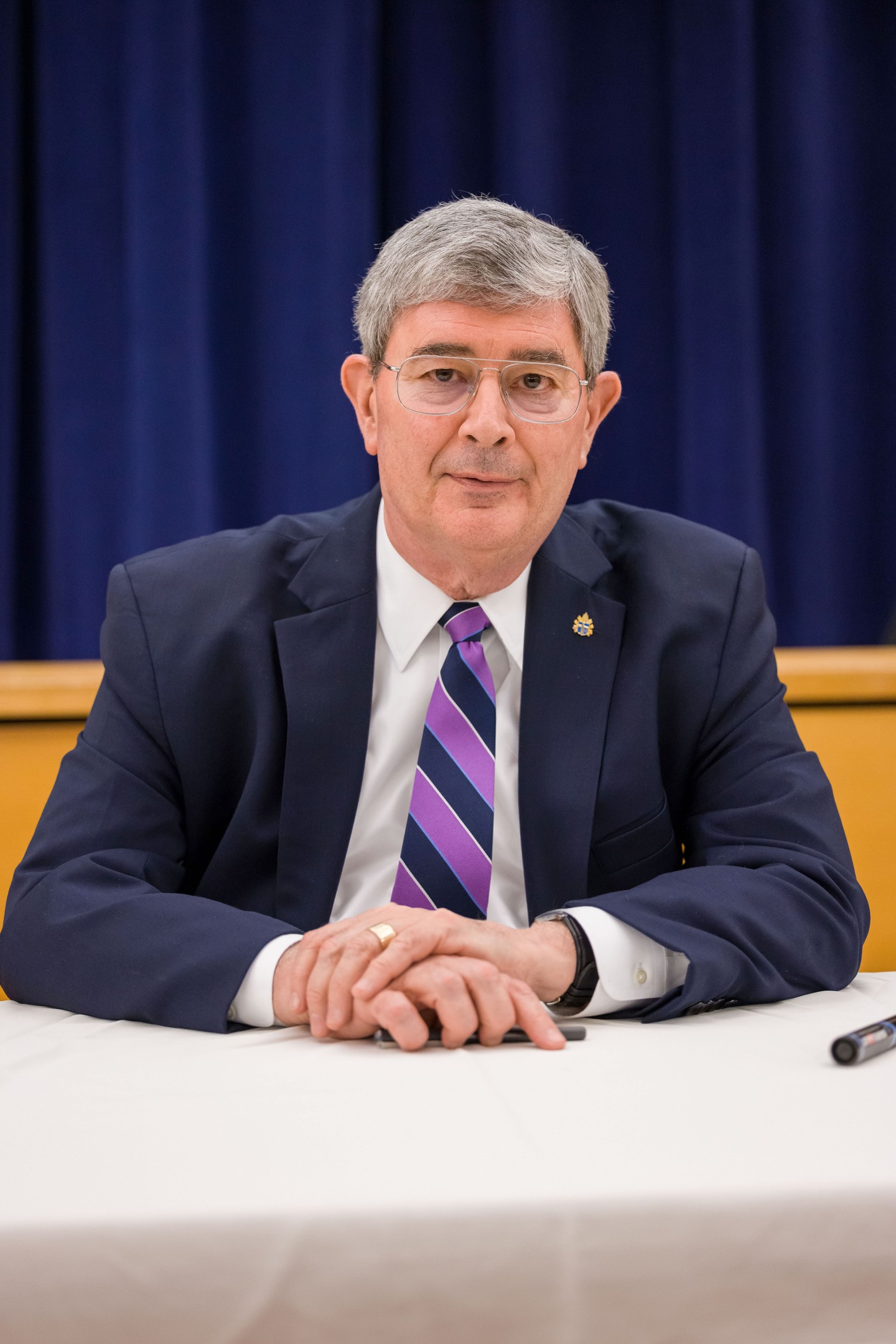Advent-2023 is as short as Advent can be, so this annual column on Christmas gift books that will inspire, entertain, inform, or all of the above comes a bit earlier than usual; it also includes oldies-but-still-goodies as well as newer releases.
Tom Holland’s Dominion: How the Christian Revolution Remade the World (Basic Books) has done more to challenge the regnant secular myths about the development of our civilization than any other recent volume. As the dust jacket puts it, succinctly, “Christianity is the principal reason why, today, we think it nobler to suffer than to inflict pain; why we assume every human life has equal value.” Holland is an accessible writer, so Dominion makes the perfect gift for that off-to-college youngster.
The Theology of Robert Barron, by Matthew Levering (Word on Fire Academic). One of America’s finest younger theologians explores the thought of one of the U.S. Church’s most dynamic leaders while exploding the silly notion that doing theology today involves repeating abstract formulas from the past. Bishop Barron drives that point home himself in Light from Light: A Theological Reflection on the Nicene Creed (Word on Fire Academic); Synod-2023 would have been vastly improved if its discussions had wrestled with this compelling explication of Christian faith rather than slogging through its turgid Instrumentum Laboris (Working Document).
Nigel Biggar and I don’t agree on everything, but I will say without hesitation that he is one of the most fearless of academics in confronting the woke plague corrupting higher education throughout the Western world. Colonialism: A Moral Reckoning (William Collins) is the latest example of Biggar’s sturdy scholarship, readability, and courage—a book that cost Oxford’s Regius Professor of Moral and Pastoral Theology Emeritus endless grief when les enfants terribles of the Cancel Commissariat took exception to this thoughtful and balanced assessment of an important historical phenomenon. The focus is on the British Empire, but the lessons are applicable to other experiences of colonization for both colonizers and colonized.
Erik Varden, author of Chastity: Reconciliation of the Senses (Bloomsbury Continuum), is the bishop of Trondheim in Norway and the former abbot of a Trappist monastery in Leicestershire. His blog, Coram Fratribus (Among Brethren), is a steady source of insight and a primer in literary craftsmanship. Now, in Chastity, Bishop Varden explains just why that much-misunderstood virtue is a matter of living what John Paul II called “the integrity of love.” The book doesn’t release in the U.S. until January 2, but you can pre-order it now—perhaps in tandem with Bishop Varden’s earlier works, The Shattering of Loneliness: On Christian Remembrance and Entering the Twofold Mystery: On Christian Conversion, both published by Bloomsbury Continuum.
There are many challenges in American Catholicism today, but the resolution of one will likely have a tremendous impact on the wider society—and especially on the children of the inner-urban poor, who are cannon fodder in the teachers’ unions’ quest for wealth and power without accountability. In The Survivability of Catholic Schools: Vigor, Anemia, and a Diffident Flock (Rowman & Littlefield), veteran Catholic educator Michael P. Caruso, S.J., explores the many facets of meeting that challenge with insight born of experience.
Aidan Nichols, O.P., is one of the most productive theologians in the Anglosphere and, like Robert Barron, a living refutation of certain misconceptions about theology now regnant in Rome. His Conciliar Octet: A Concise Commentary on the Eight Key Texts of the Second Vatican Council (Ignatius Press) was invaluable when I was preparing To Sanctify the World: The Vital Legacy of Vatican II (Basic Books); he’s also the only person who has ever made Gerard Manley Hopkins’s poetry make sense to me (Hopkins: Theologian’s Poet [Sapientia Press]). Now comes Apologia: A Memoir (Gracewing), in which Fr. Nichols recounts his personal, spiritual, and intellectual journey in a readable volume that also serves as a useful history of modern Catholic contentions.
Tired of the antics of John Fetterman, Marjorie Taylor Greene, Alexandria Ocasio-Cortez, Matt Gaetz, and the other caterwauling brats in the congressional playpen? Remind yourself that giants once walked the land by savoring Affection and Trust: The Personal Correspondence of Harry S. Truman and Dean Acheson, 1953–1971 (Knopf). These two robust patriots never seemed to understand that Dwight D. Eisenhower was a crafty politician and serious statesman, but they got a lot else right; Acheson was also a master stylist, whose wit and bite are equally amusing and bracing.
And then there is Willa Cather’s Shadows on the Rock (Vintage), a fitting way to mark that great storyteller’s sesquicentennial and to be reminded of the sacramental sensibility that infuses her work.
George Weigel’s column “The Catholic Difference” is syndicated by the Denver Catholic, the official publication of the Archdiocese of Denver.

George Weigel is Distinguished Senior Fellow of Washington, D.C.’s Ethics and Public Policy Center, where he holds the William E. Simon Chair in Catholic Studies.
Image by Denys Picard licensed via Creative Commons. Image cropped.



